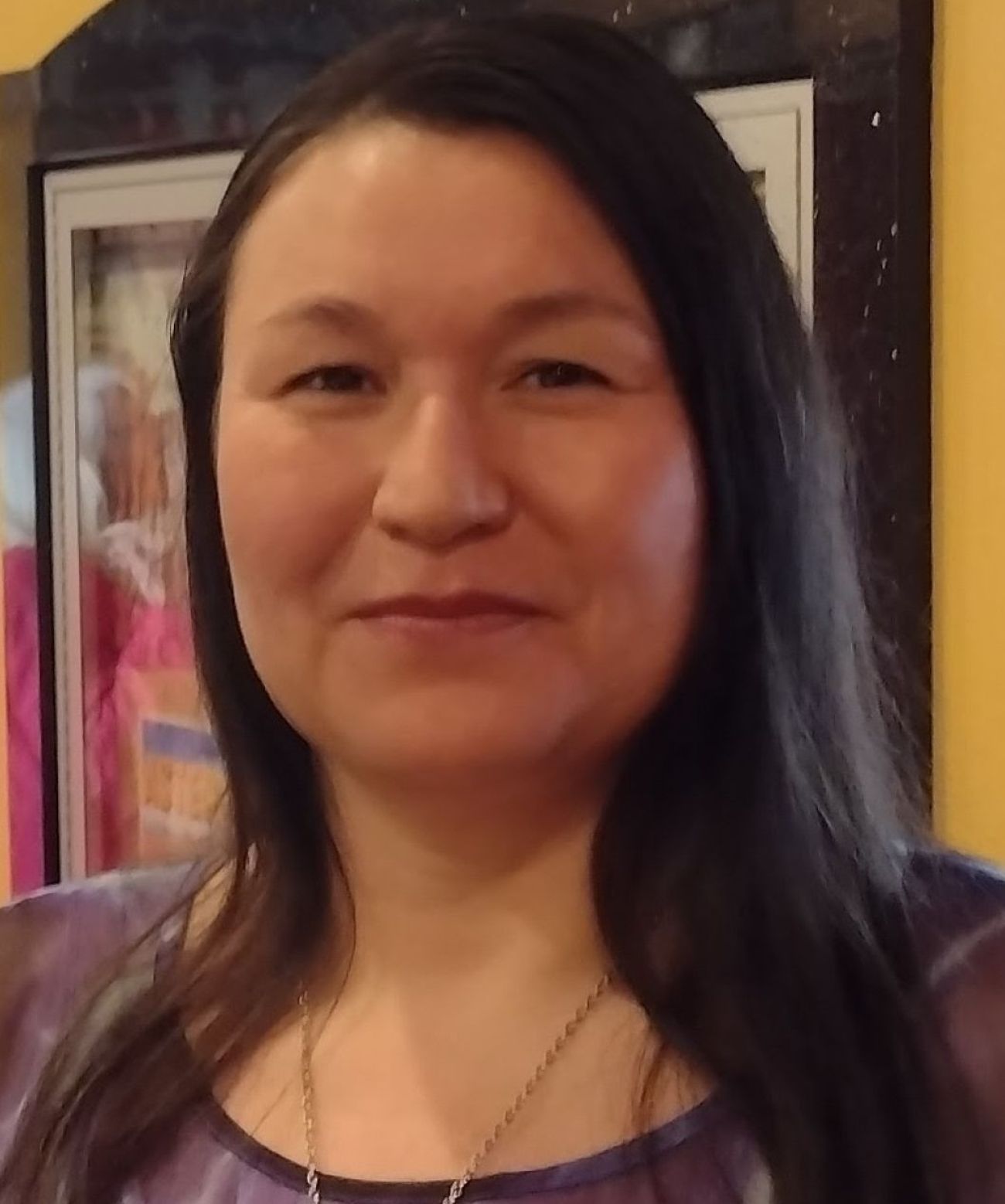Opinion | During Native American fall harvest, plant-based recipes take center stage
I was heartened to read the recent news of President Biden’s apology for the federal government’s 150 years of moving Native American children into boarding schools. This comes as many Americans prepared for a season of Thanksgiving in November, which is also Native American Heritage Month. The timing of these two commemorations comes with more than a bit of irony given that a traditional Thanksgiving celebrates a coming together of sorts of early European immigrants with Native Americans, the result of which was the tragic loss of Indigenous tribes and the colonization of Native American land and communities.
Moving children to abusive boarding schools wasn’t the only strategy used to remove Native Americans from our traditional ways of life, however. Indigenous foods and dietary practices were also changed as a tool in trying to extinguish our culture. As we were removed from our land and held on reservations, our people were introduced to government rations, like lard and canned meat, that did not reflect our traditions. These products contributed to the higher rates of obesity, diabetes, liver disease, and other ailments Native Americans face today.
Milk, cheese, and other dairy products were never part of our tradition. In fact, dairying is a European custom. Seventy-five percent of Native Americans cannot digest the lactose in dairy products.
As a Native Food for Life Instructor, I teach others how to prevent, treat, and even reverse type 2 diabetes and other health problems with ancestral plant-based food. Food for Life is a program of the Physicians Committee for Responsible Medicine, a public health advocacy nonprofit, that teaches people about plant-based nutrition and cooking. As a member of the federally recognized Grand Traverse Band of Ottawa and Chippewa Indians tribe, I work to educate my community about Indigenous precolonial foods, which were mostly vegetables, legumes, and whole grains.

Native Americans have traditionally relied on the Three Sisters, corn, beans, and squash, which are high in protein, calcium, and other nutrients. Beans and legumes are rich in protein and minerals, as well as fiber and other healthful nutrients, with essentially no saturated fat or cholesterol.
At Thanksgiving, these are the messages that I am sharing with others. Typically, a fall harvest would be a sampling of everything harvested that would be stored for the winter, an exciting time to see all the gathering and harvesting of the gardens. My family and I now refer to Thanksgiving as a fall harvest holiday in which we celebrate all the foods that are available this time of year.
Some of our favorite dishes are green bean casserole with vegan cream of onion, stuffing with cornbread, cashew cream sage gravy, sweet potatoes with pecans and maple sugar, Brussels sprouts with smokey tofu, cranberry relish, and pumpkin pie. This is a time of year in which we can focus on healing ourselves and the land, when we can act as stewards of the land so that environmental balance can occur. Meat consumption causes climate change and other environmental degradation.
Fortunately, Michigan’s fall harvest offers an abundance of apples, pumpkins, squash, root vegetables, and other nutritious staples that are far more sustainable. On any Thanksgiving table, the attractively arranged vegetable roasts steal the show with their vibrant colors and smells.
I have seen firsthand in my family and community the health benefits of shifting to a plant-based diet. You can live longer with more quality years toward the end of life and have the positive feeling that comes with eating with the planet and animals in mind as well. For all of these reasons, and at this time of year especially, I am thankful.
See what new members are saying about why they donated to Bridge Michigan:
- “In order for this information to be accurate and unbiased it must be underwritten by its readers, not by special interests.” - Larry S.
- “Not many other media sources report on the topics Bridge does.” - Susan B.
- “Your journalism is outstanding and rare these days.” - Mark S.
If you want to ensure the future of nonpartisan, nonprofit Michigan journalism, please become a member today. You, too, will be asked why you donated and maybe we'll feature your quote next time!

